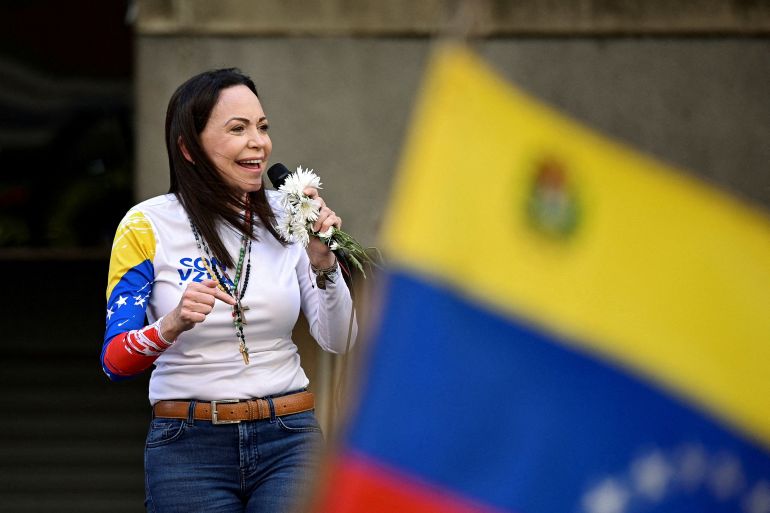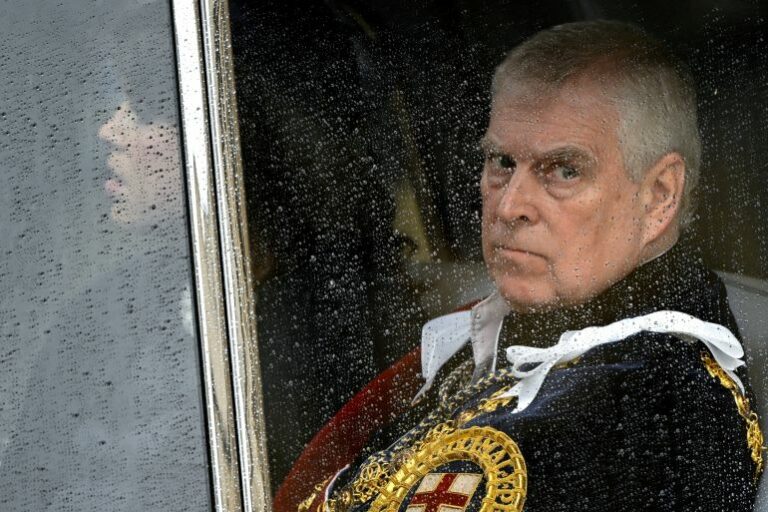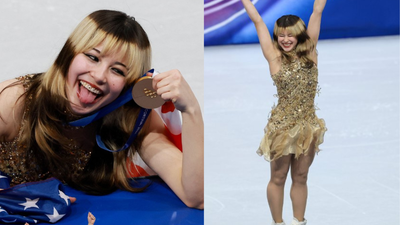Unveiling the Impact of Maria Corina Machado: The 2025 Nobel Peace Prize Winner
In a historic moment for peace, Maria Corina Machado, a prominent Venezuelan opposition leader and human rights advocate, has been awarded the 2025 Nobel Peace Prize. This accolade marks a significant recognition of her relentless fight for democracy and social justice in her homeland, a struggle that resonates not only in Venezuela but around the globe.
Who is Maria Corina Machado?
Maria Corina Machado gained international recognition for her passionate advocacy against the authoritarianism that has plagued Venezuela over the past two decades. Born on December 7, 1967, in Caracas, she is a trained economist and a fierce advocate for human rights and democratic governance. Machado is renowned for her eloquence and charisma as a political leader, serving as a member of the Venezuelan National Assembly before her political career was severely hampered by the government.
The Path to the Nobel Peace Prize
Machado’s journey to receiving the Nobel Peace Prize is underscored by her unwavering commitment to fighting for her country’s freedom. Throughout her political career, she has stood firm against oppressive regimes, advocating for the marginalized citizens of Venezuela. Her approach of peaceful resistance has inspired many, solidifying her position as a symbolic figure in the larger struggle for democracy.
The Nobel Committee awarded Machado the prize in recognition of her outstanding efforts in promoting peaceful protests against tyranny and for her significant contributions to humanitarian efforts within Venezuela. The decision was influenced by her tenacity in the face of adversity and her role in mobilizing international support for Venezuelan civil society.
The Significance of the Award
This award not only elevates Machado’s voice on an international platform but also shines a light on the pressing humanitarian crisis in Venezuela. According to multiple reports, Venezuela has been grappling with rampant poverty, hyperinflation, and a migration crisis as citizens flee the dire conditions.
Moreover, the recognition of Machado is a pivotal moment for the Venezuelan opposition, as it enhances their cause at a time when their struggle is often overshadowed by the complexities of geopolitics. The Nobel Peace Prize serves as a beacon of hope for activists and citizens alike, providing assurance that the world is watching and that their fight for justice is not in vain.
Maria Corina Machado’s Vision for Venezuela
Machado’s vision for Venezuela is rooted in democratic ideals and the restoration of human rights. She has long advocated for a transition towards a democratic government that respects the rule of law and promotes social equality. Her proposals include the establishment of free and fair elections, the protection of civil liberties, and international cooperation to provide humanitarian aid to those in need.
In her speeches, Machado emphasizes the importance of unity among opposition factions and the need for a comprehensive strategy to challenge the existing regime effectively. Her ability to communicate a clear vision and mobilize support is one of the reasons she has garnered considerable admiration from both her peers and citizens.
International Response and Implications
Since the announcement of Machado as the Nobel Peace Prize winner, there has been a flurry of international reactions. Many world leaders and humanitarian organizations have lauded her as a champion of democracy and human rights. The United Nations and various NGOs have pledged to amplify their efforts in advocating for sustainable solutions to the Venezuelan crisis, inspired by her courage.
Furthermore, Machado’s recognition has prompted discussions about increased diplomatic pressure on the Venezuelan government. Countries across the globe are being urged to reassess their policies towards Venezuela, potentially paving the way for renewed efforts in supporting democratic reforms.
Conclusion
Maria Corina Machado’s achievement as the 2025 Nobel Peace Prize winner sends a powerful message about the importance of resilience in the face of oppression. Her journey exemplifies the enduring spirit of those fighting for justice and human rights worldwide. As we celebrate her remarkable achievement, it’s essential to recognize the broader implications of her work and the ongoing struggle for democracy in Venezuela. By shining a spotlight on these issues, Machado’s recognition helps remind us that hope survives even in the darkest times.








